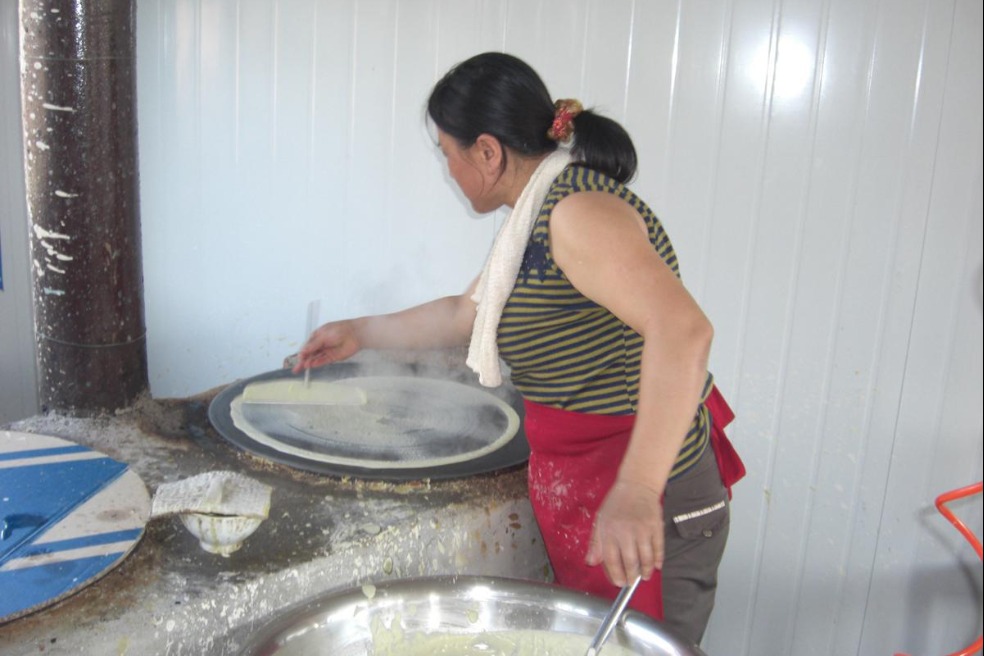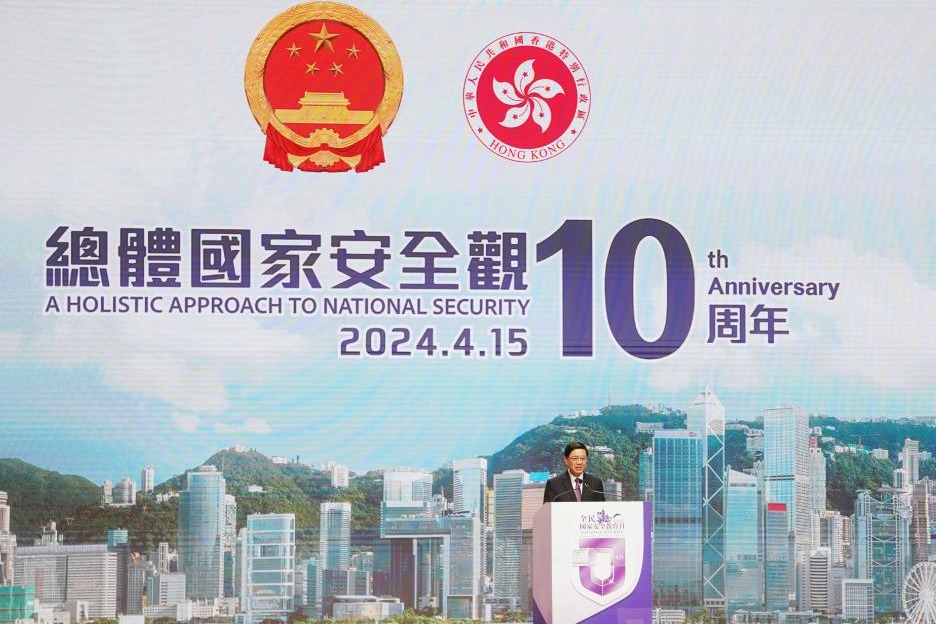Residence permits: They're about to get easier

Taiwan resident Chen Yi-ting, who has been living in Fuzhou, Fujian province, for 21 years, is looking forward to Sept 1, when he will apply for his mainland residence permit.
Starting on Saturday, residents of Hong Kong, Macao and Taiwan who have lived on the Chinese mainland for longer than six months can apply for a new mainland residence permit, under a guideline issued by the State Council on Aug 16.
Some 1,210 police stations in Fujian will deal with the applications, said Du Qingsen, deputy head of the Fujian Public Security Department.
"We are making final preparations for launch day, including training staff and updating systems," Du said.
Electronic terminals can read the permit card automatically at places such as railway stations, airports and banks, giving holders easier access to public services.
Those given mainland residence cards will receive almost the same treatment as existing mainland residents in multiple fields, including employment, medical care, vehicle license applications, travel bookings and hotel accommodations.
Applicants with stable jobs and housing on the mainland can bring their mainland travel permits and related materials to local bureaus, and they should receive a mainland residence permit in about 20 working days.
Applicants for the new card will not need to have mainland hukou - household registration - or give up their residency and welfare entitlements in their original residences.
"It's great news for Taiwan residents," said Chen, 47, who is head of the Taiwan Enterprise and Investment Association in Fuzhou. "I have prepared the materials and will go to the nearest police station to apply on Saturday." said the 47-year-old, who came to Fuzhou in 1997 after graduation to help his father, who had started a factory in the city.
"My relatives and friends are sharing the news," said Taiwan businessman Hsueh Ching-te, whose family moved to Fuzhou in 2000. "In recent years, I saw the mainland continually crafting good policies to facilitate our lives, regardless how cross-Straits relations develop."
By April 2017, there were about 6,500 Taiwan-funded companies in the province, with about 8,800 employees from the island. About 1,450 started their own business, mainly in the catering and retail industries, according to the local government.
Some 380 police stations in Guangdong province will be open to deal with applications on Saturday.
Hong Kong entrepreneur Chan Sing, who has worked in Shenzhen for four years, said he used to have to wait in a long line for financial services.
"The new card will improve our sense of belonging, and I believe more people will be willing to come," he said.
Bao Chengke, deputy director of the Cross-Straits Communication and Regional Development Institute at East China Normal University in Shanghai, said the measure aims to give people virtually equal treatment.
"Being able to prove one's identity is a must in our daily lives. Without that we can do nothing, especially now that everything is online," he said. "The new card will help people live secure lives on the mainland by obtaining convenient services."
Chai Hua contributed to this story.
- Pancake perfection: the skill behind Northeast China's delicacy
- Ancient sea creature fossils discovered in Hubei
- Use of ferry terminal in Guangzhou heats up
- Discover the unique charm of spotted seals in Liaoning
- Dai ethnic group washes away bad luck to welcome the New Year
- Scientists shed light on crucial mechanism in tumor immune evasion




































